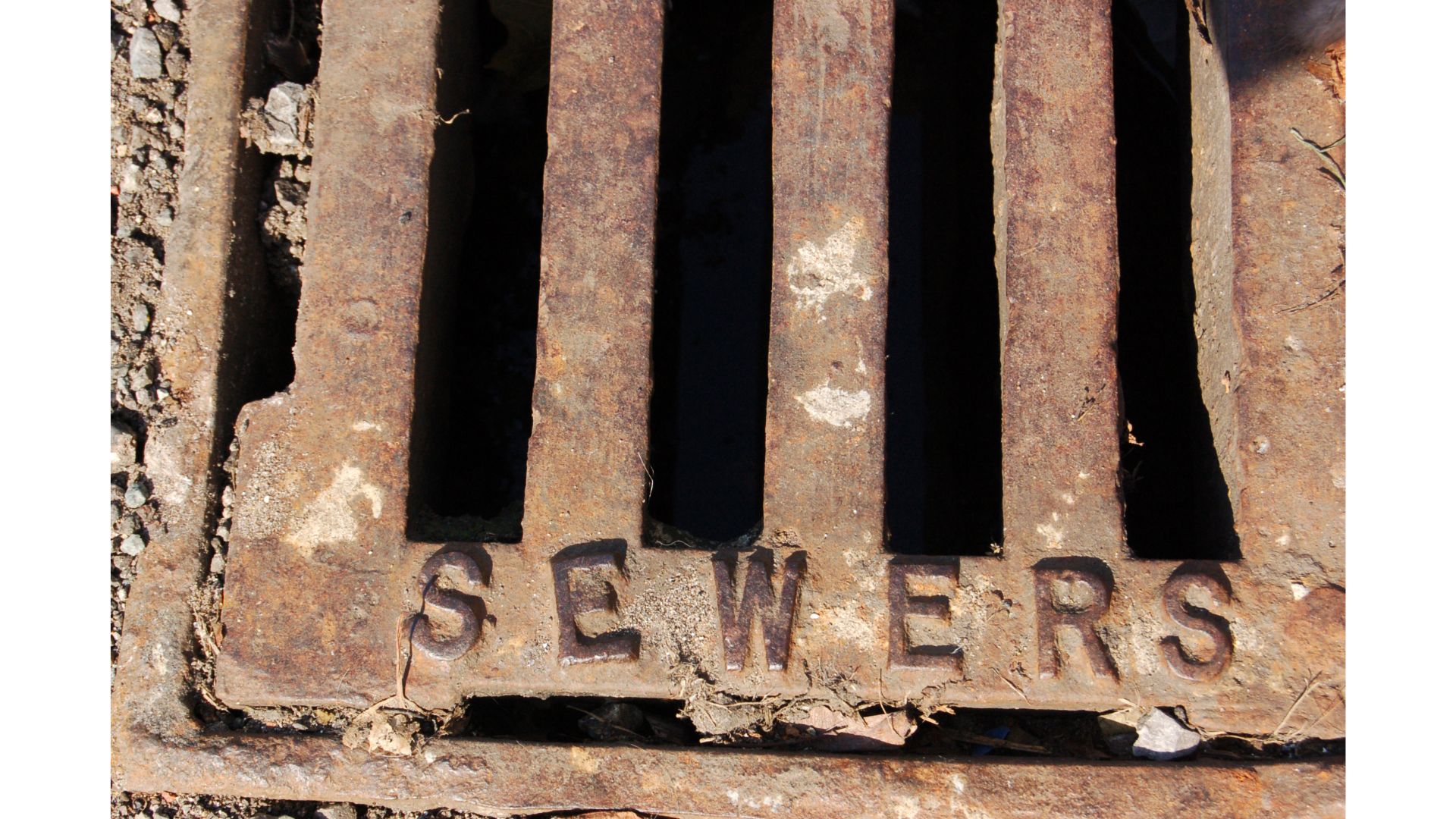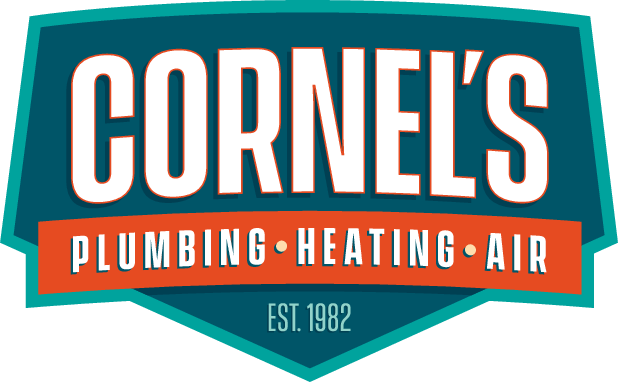Sewer systems are an essential but often overlooked part of modern society, responsible for efficiently managing and disposing of wastewater. Understanding how a sewer works is crucial for appreciating its significance in maintaining public health, preserving the environment, and sustaining a high quality of life. Cornel’s Plumbing is dedicated to maintaining the local sewer systems of Oregon and providing expert advice and services to help contribute to the safety of Oregon’s population. In this blog, we will explore the inner workings of sewer systems, where wastewater is taken, and how sewage is treated to ensure safety. Whether you are a curious citizen or seeking professional sewer expertise, read on to learn more about the importance of sewer systems and why choosing Cornel’s Plumbing is the right decision. How does a sewer work? Let’s dive into it!
Importance of Sewer Systems in Modern Society
Public sewer systems play a fundamental role in urban areas and communities worldwide. Here’s why they are vital:
- Efficient Wastewater Management: Sewers effectively collect and transport wastewater from homes, businesses, and industries to treatment facilities. This ensures proper disposal and prevents contamination of natural water bodies.
- Public Health Protection: By safely disposing of sewage, sewer systems mitigate the risk of waterborne diseases and infections, safeguarding the health of the community.
- Environmental Conservation: Wastewater treatment through sewer systems prevents pollution and protects aquatic life, promoting a healthier ecosystem.
How Does a Sewer Work?
Sewer systems involve a network of components working harmoniously. Here’s a brief overview:
- Sewage Pipes: Underground pipes carry wastewater from various sources, such as toilets, sinks, and drains, to a central collection point.
- Sewage Drains: These entry points allow wastewater to flow from individual properties and streets into the sewer system.
- Treatment Facilities: Treatment plants transport collected wastewater and subject it to a series of processes to remove contaminants and pollutants.
- Discharge: After treatment, treatment plants safely release the treated wastewater into water bodies or reuse it for irrigation and other non-potable purposes.
How Does Water Flow in a Sewer?
Water’s journey after leaving our taps and toilets is often overlooked. The flow in sewer systems is a remarkable feat of engineering, efficiently transporting wastewater from various sources to treatment plants or disposal points. Understanding this flow is vital to grasp the crucial role sewers play in maintaining clean and healthy communities. We can explain the water flow in sewers as follows:
- Gravity-driven flow moves wastewater naturally downhill.
- Interconnected pipes form a network to channel wastewater to treatment plants or collection points.
- Pump stations lift wastewater in areas with elevation challenges.
- Stormwater runoff is managed alongside wastewater to prevent backups.
- Proper design and maintenance ensure an efficient flow, keeping communities clean and healthy.
Where Does Sewer Waste Go?
Once wastewater is collected from homes, businesses, and industrial sources through the sewer system, the question arises: where does all this sewage waste go? The answer lies in the essential process of wastewater treatment:
- Preliminary Treatment: Removes large debris and solids.
- Primary Treatment: Sedimentation tanks separate sludge and scum.
- Secondary Treatment: Biological processes break down organic matter.
- Tertiary Treatment: Advanced filtration removes fine particles and nutrients.
- Disposal or Reuse: Treated water is safely discharged or repurposed.
- Sludge Management: Sludge is treated and reused as biosolids for agriculture or energy.
Why Should I Choose Cornel’s for Professional Sewer Expertise?
Now that you know a little more about sewer systems and how they work, the next time you need help with your sewer system entrust an expert plumber like Cornel’s for the job. Cornel’s Plumbing offers a wide variety of plumbing services in the Oregon area. If your sewer system is in need of expert maintenance or repair, contact Cornel’s Plumbing today! Here’s why Cornel’s Plumbing is the right choice:
- Expert Team: Cornels boasts a team of highly skilled professionals with extensive experience in sewer system design, installation, and maintenance.
- Cutting-edge Technology: We use advanced technology and tools to provide efficient and effective sewer solutions.
- Comprehensive Services: From sewer inspections and repairs to system upgrades, we offer a wide range of services to meet your needs.
The Backbone of Wastewater Management
Sewer systems are the unsung heroes of modern society, ensuring the proper management and disposal of wastewater, protecting public health, and preserving the environment. Understanding how a sewer works allows us to appreciate its significance fully. Whether you need sewer expertise for your property or want to improve an existing system, choosing Cornel’s Plumbing will provide reliable and professional solutions. Take the first step towards a cleaner and healthier community by opting for the expertise of Cornel’s Plumbing.
Check out our Google Reviews to see why locals of Oregon call us for sewer service!


